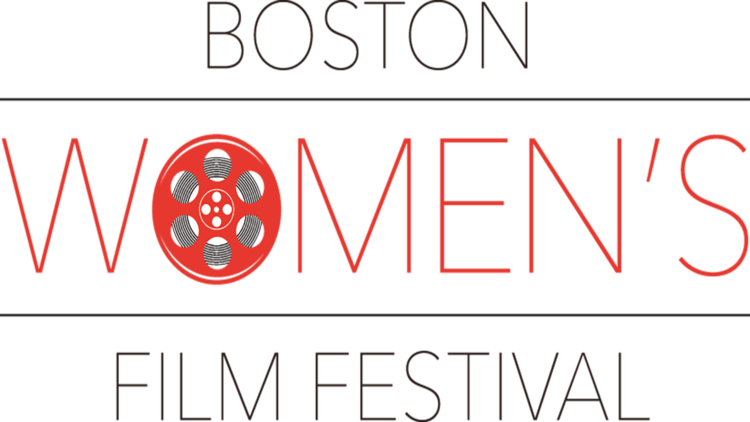When we talk about Black Lives Matter, too often the black LGBTQ+ community is left out of the conversation and specifically Black Transgender Women do not receive adequate representation or credit for their work in the fight against injustice. Activism has long been a movement lead by black transgender persons and members of the LGBTQ+ community, therefore, inclusivity is key in enacting real change for all black lives in America. When you say, “Black Lives Matter” remember that it includes Black Women’s Lives, Black LGBTQ+ Lives, Black Disabled Lives, Black Mentally Ill Lives
Today we want to shed light on the story of Marsha P. Johnson, a black trans woman who was at the forefront of the gay liberation movement, economic and racial justice, and aids activism for over thirty years. She is the reason gay rights are where they are today.
The story begins long before the Stonewall riots of 1969, the catalyst for the Gay Rights movement in the United States and worldwide. At this time in American history there were several discriminatory laws against the LGBTQ+ community preventing them from exercising their freedoms. On June 28th, 1969 the NYPD raided the Stonewall Inn, a prominent Gay Club and safe haven in Greenwich Village in New York City. As the police profiled patrons, harassed, sexually assaulted and beat them; members of the community could no longer stand silent, watching in horror as their fellow community members were being treated with such disrespect and brutality.
Marsha P. Johnson along with Sylvia Rivera, another prominent transgender activist in the movement, were among the first to resist the police on this day. This sparked a 6-day riot on Christopher street and the surrounding neighborhood. This was the unifying event that members of the LGBTQ+ community needed in order to unify and band together to fight a common cause. A year later, on the anniversary of the riots, thousands of people gathered to march from the Stonewall Inn to Central Park. It was called “Christopher Street Liberation Day,” and it is recognized now as America’s first gay pride parade. At the front of this march, was none other than Marsha P. Johnson.
Along with Sylvia Rivera, Marsha P. Johnson went on to found the Street Transvestite Action Revolutionaries or STAR; one of the first organizations dedicated to help homeless young drag queens and trans women of color. Several other Gay rights organizations were created in the wake of Stonewall such as the Gay Rights Liberation Front, GLAAD (Gay and Lesbian Alliance Against Defamation), PFLAG (Parents, Family & Friends of Lesbian and Gays).
Although her legacy is one to be celebrated, we must never forget the tragedy of her death.
On July 6th, 1992 off the West Village Pier, Johnson’s body was found drowned in the Hudson river. The investigation of her death was quickly closed with police ruling her death as “suicide” despite close friends and community members urging that she was not suicidal and demands for her case to be further investigated. Her case remained closed.
Reopened in 2012, not by law enforcement but by Victoria Cruz, a crime victim advocate from the New York City Anti-Violence Project (AVP). Justice has not yet been brought for Johnson, the truth has not been uncovered, and the ones that are searching for it are everyday citizens.
This story is all too familiar in America’s history. Even with video evidence of police brutality, murders and lynchings, it is extremely difficult for justice to be brought for the victims. In the case of black transgender women, uprisings and protests in their names are few. This time around more and more people are speaking out for inclusivity within the movement, and just last weekend the people of New York, 15,000 of them, marched in the Brooklyn in the name of trans lives. This in response to the violent killings of two black trans women whose bodies were found within 24 hours of each other, Riah Milton and Dominique “Rem’Mie” Fells.
We are here to say that every Black life matters, regardless of their gender identity, sexual orientation, religion, etc. We must not push black trans women to the side during this movement. We must not forget those who have lost their lives speaking for their right to be who they are and who have brought us to where we are now in this fight for equality.
Marsha P. Johnson.
Say her name.
To celebrate her life this Juneteenth, watch Happy Birthday Marsha! A short film about our Queen MPJ directed by Sasha Wortzel and Tourmaline. Free with AmazonPrime subscription
